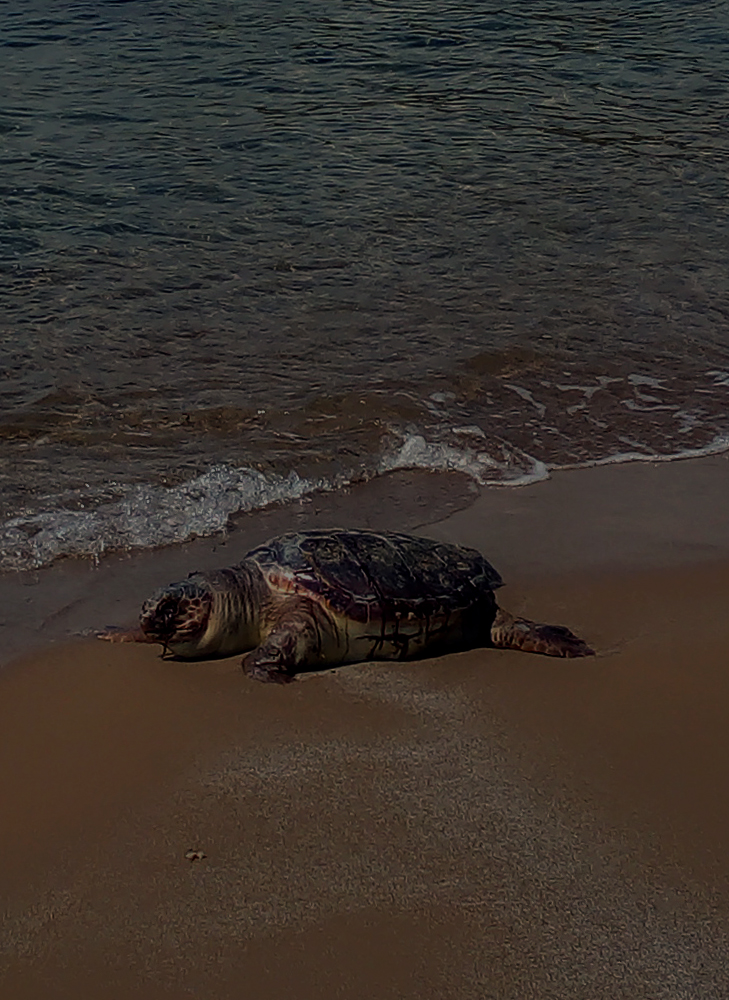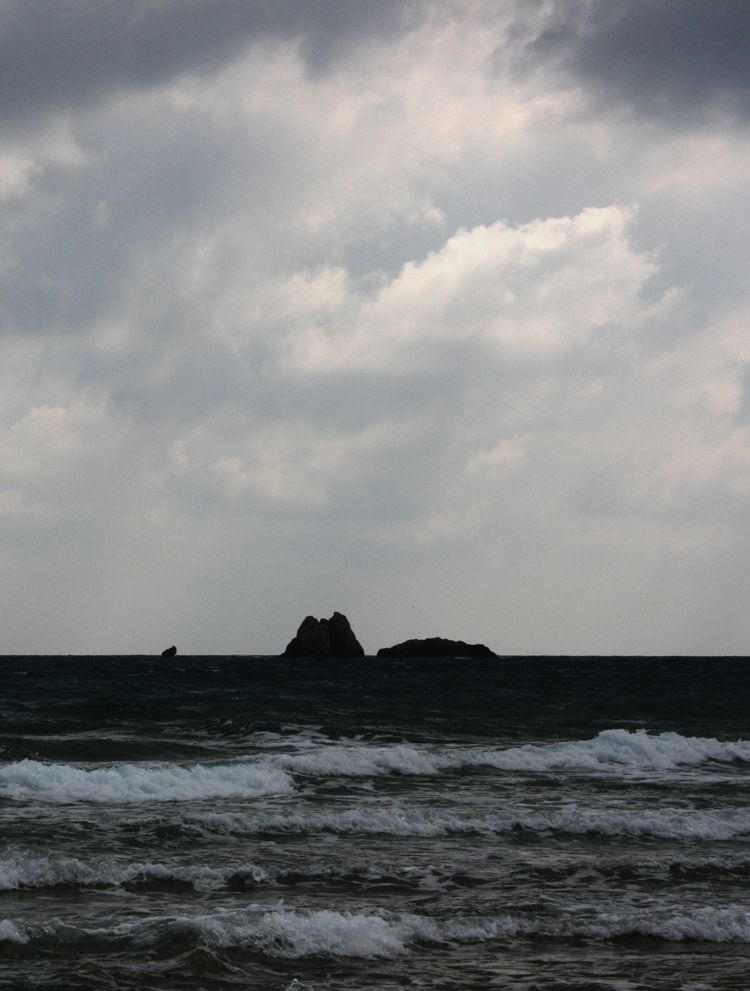



..
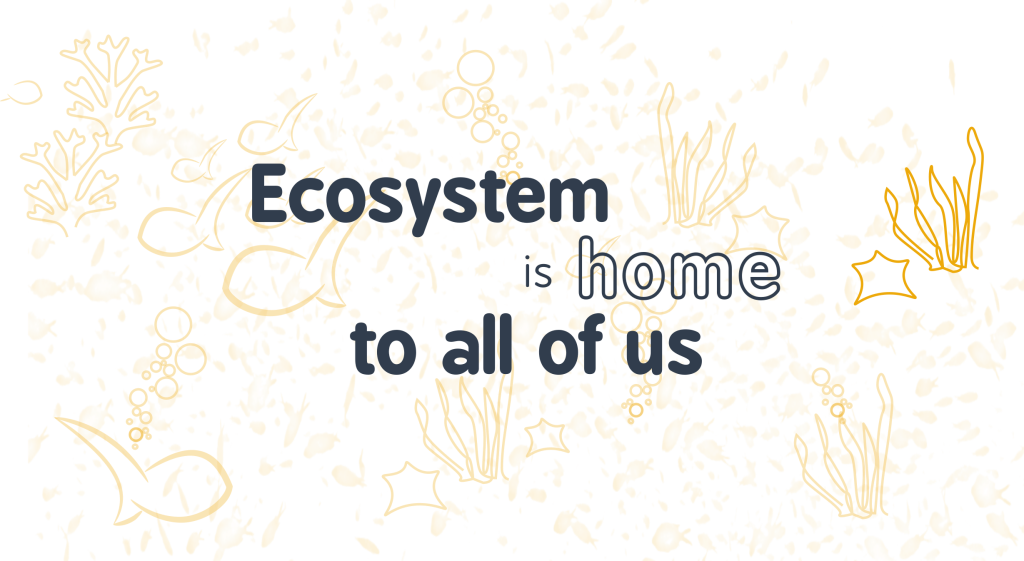
In MARINE ECOSYSTEMS, a multitude of different organisms that have evolved according to the special characteristics of the marine environment in which they live, compose unique habitats. The importance of these ecosystems is immense, as they are directly related to human health and well-being. Among the many benefits offered by such ecosystems, their significant contribution to oxygen production, carbon sequestration offsetting some of the impacts of climate change and supporting fishing communities stand out.
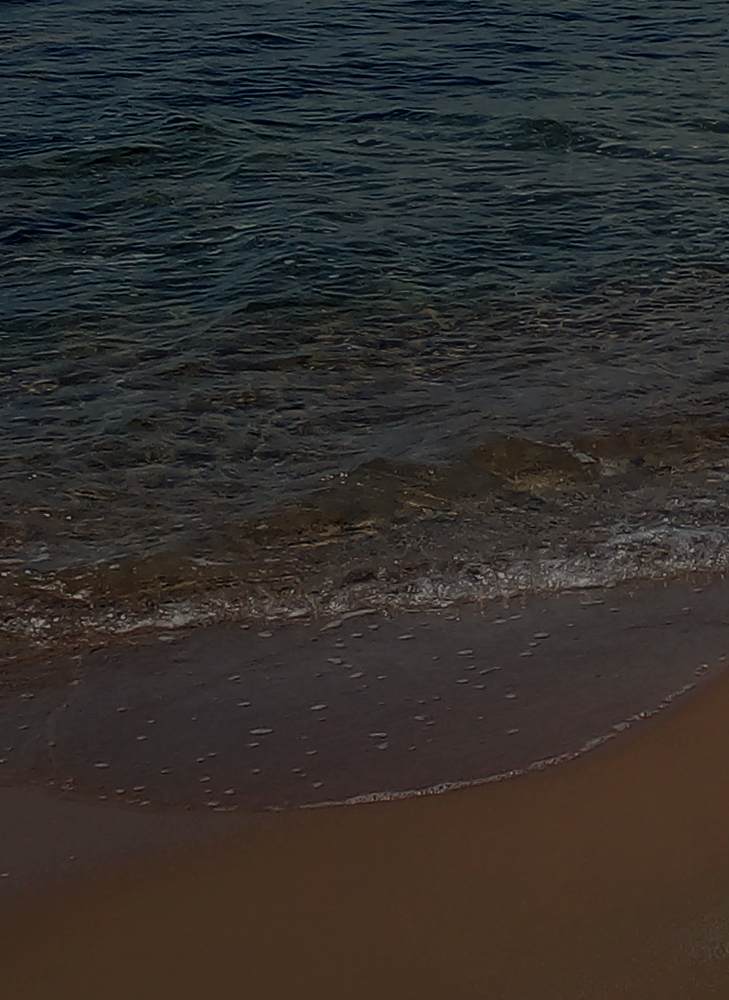
Despite the dilution due to the large volume of water, pollution of the marine environment puts marine organisms at constant risk. As the degree of pollution increases, so does the number of marine species suffering the consequences of human impact. PLASTIC pollution in particular is one of the most important problems worldwide and unless effective measures are implemented, it is predicted that there will soon be fewer fish than plastic in the sea. However, the production of plastics is constantly increasing. Among the problems of plastic pollution, their ingestion by various marine species presents a significant frequency.
As world population continues to grow, the demand for fish catches is increasing, thus worsening the state of aquatic resources on a global scale. Fishing industry and FISHERIES management have a key role here, as the decline of small-scale commercial fishing, the prevalence of trawling and, to a lesser extent, recreational fishing, are major contributors to the loss of balance in the marine ecosystem.
Bottom trawling, even at great depths, is destructive because it is indiscriminate in what it catches. With this technique, the usual changes that fishing always causes to marine species are taken to an extreme.
INVASION of species originating from ecosystems that differ from the host ecosystem create impacts that are carried through the food web, causing significant loss in biodiversity. This invasion of marine ecosystems, which are always characterised by strong interspecies links, affects both the structure of the host marine community and its size and dynamics.
Environmental changes, climate change, habitat variations and various ecological processes are the factors that cause the phenomenon, which when combined, further enhance the effects of the invasions.
CLIMATE CHANGE is a huge threat to marine ecosystems, since it is directly linked to changes in sea temperature, oxygen concentration, stratification, nutrients and water pH. Its effects are predicted to amplify major ecosystem problems, such as increased mortality of marine organisms, their distributions, species interactions, declining populations, and others. In addition, climate change combined with other stressors and with the continuous increase of the world’s population, can further increase the variability of the marine environment and eventually emerge as the main threat to marine systems.
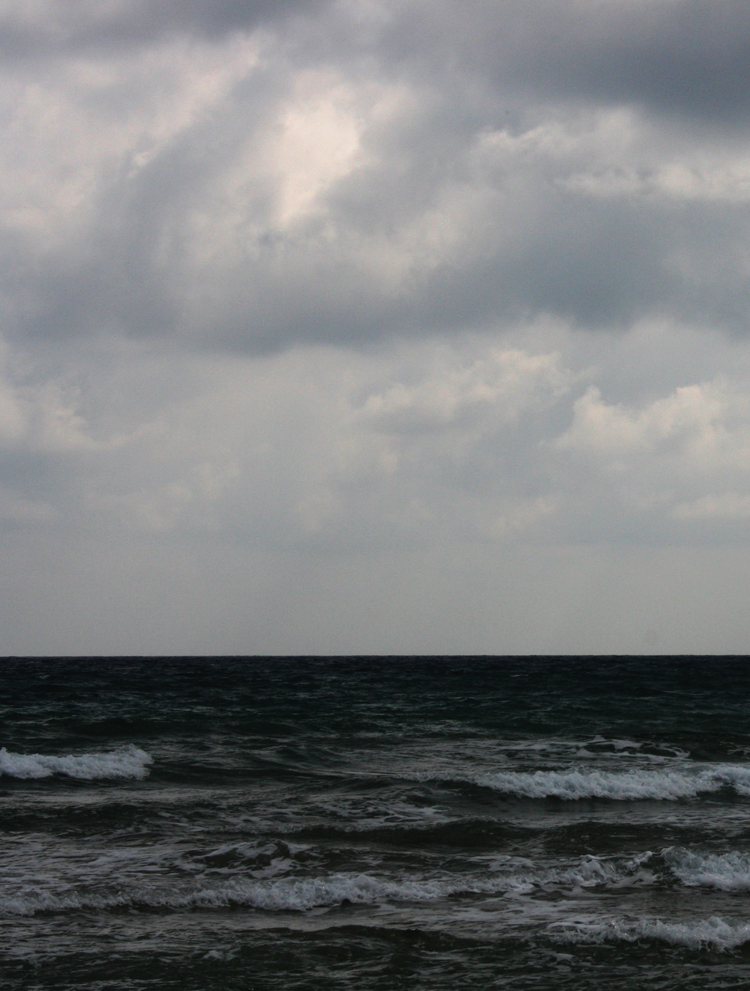
Marine and coastal TOURISM, with its great development, has evolved into the most important component of the tourism industry, including a significant number of activities and facilities. Its connection with its host area -both coastal and marine- is direct and therefore has a major impact on marine resources. The construction and operation of buildings and port facilities, the operation of all types of vessels and recreational fishing are just a few of its typically influential components. In recent years, the yachting industry has been growing rapidly, while especially the cruise ship industry, which is the fastest growing, floods every corner of the planet with its ships, even areas that are under protection, including those that are part of the Marine World Heritage because of their exceptional biodiversity.
The creation of MARINE PROTECTED AREAS, such as marine parks, is a key starting point for the protection of the marine ecosystem. These are areas that are divided into different zones that allow different activities, but also include zones of absolute prohibition of fishing, drilling and mining. The level of protection they provide depends largely on whether they cover all species of the ecosystem or just some prominent ones.
To date only a very small part of the Mediterranean is protected, while most protected areas are often very small in size and/or extend only close to the coastline. In Greece, officially protected marine areas remain minimal, compared to the importance and the space that the sea occupies, while for the island of Corfu no effort has been made in this direction to date.
© depthCOMMUNITY
All rights reserved
No part of this site may be reproduced without our written permission
© depthCOMMUNITY
All rights reserved
No part of this site may be reproduced without our written permission

